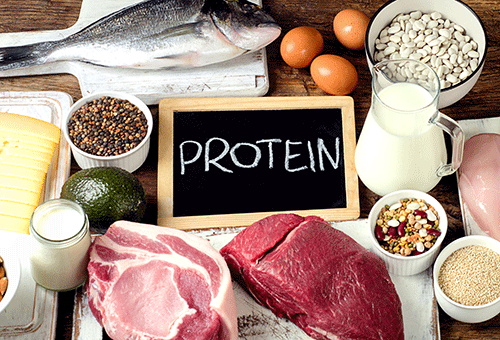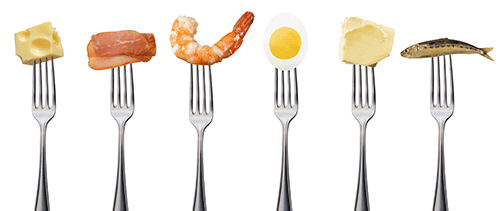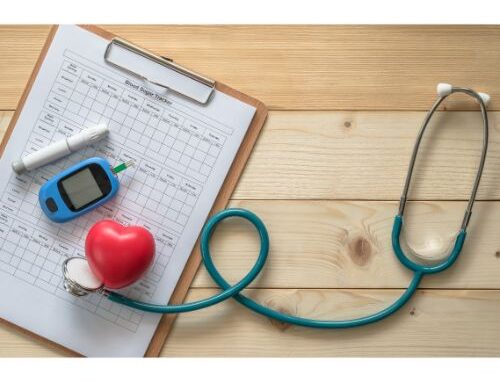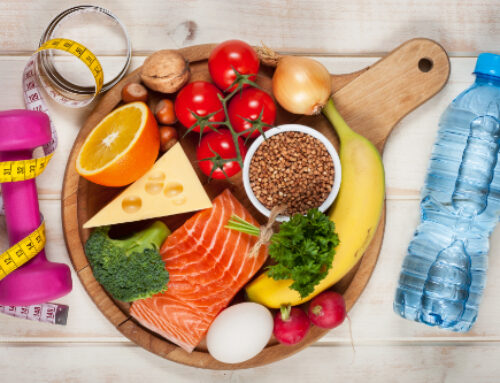There are many myths surrounding protein intake that are still widely accepted today. For example, many women think that if they consume large amounts of protein, it will cause them to ‘bulk up’ and look undesirable. While there are side effects to increasing your protein intake, most of them are positive. Here are a few explanations as to why it’s so important to make sure you’re ingesting correct amounts of protein.

Lack of Protein
If you’re one of about a billion people worldwide (or one of millions of Americans) who isn’t getting enough protein in their daily diet, you might be experiencing some adverse side effects. Brain fog, fluid retention, muscle loss and anemia are all unfortunate ways your body will respond if your protein intake is on the lower end of the spectrum. Luckily, increasing your protein is an easy fix.
Why the Need?
Protein is an essential part of healthy diet. According to medlineplus.gov, “Every cell in the human body contains protein. The basic structure of protein is a chain of amino acids. You need protein in your diet to help your body repair cells and make new ones. Protein is also important for growth and development in children, teens, and pregnant women.” Because your cells are made up of protein, they need it to thrive. Protein helps your body heal wounds faster, develop healthy hair, skin and nails, and also provides you with energy.
How Much Do you Need?
On the other end of the spectrum, consuming too much protein is also a problem you should avoid. According to an article written by Rachel Mau for aurorahealthcare.org, “The recommended daily allowance (RDA) is calculated by factoring a person’s age and weight. Adults should get about 10 percent to 35 percent of their daily calories from protein foods. That’s about 46 grams for women and 56 grams for men. Growing children and pregnant and lactating women need a little more.” Make sure you know how much protein is appropriate for you. Too much protein has been linked to health problems such as kidney disease, diabetes and prostate cancer.

Sources of Protein
If you’re having trouble coming up with foods that will help you increase your protein intake, here are a few suggestions. Eggs and egg whites, chicken, turkey, cottage cheese, greek yogurt, lean beef, fish, pumpkin seeds, and legumes are all excellent options. You should strive to obtain most of your daily protein from whole foods. However, in the event that you cannot, protein powders and bars are also great options. If you have certain dietary restrictions, there are a plethora of vegan and plant based protein powders available. There’s no excuse for not getting enough protein into your daily diet.
Make this a year you dedicate to your health. Increasing the amount of protein in your diet is a simple and efficient way to feel your best. Small changes over time can result in big improvements.




